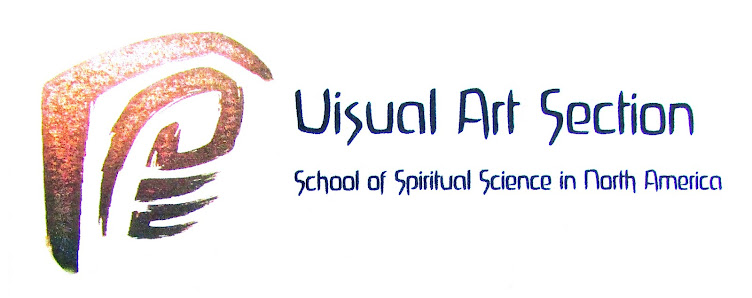by Nathaniel Williams
Today there are many trials in approaching art! Many approaches never come within the
proximity of artistic experience or artistic inspiration. Indeed, many people are suspicious of inspiration
which can lead to its marginalization in any investigation of art. Our lives are tremendously varied and
complex. Within this complexity of experience, art and imagination have a particular power. Movies,
music, literature and pictures take root in all manner of human lives and suddenly leaf out into moments
of profundity, mystery and harmony. These subtle, yet powerful, experiences are not limited to culture.
Sometimes similar moments surprise us in the midst of ordinary life. A friend may laugh and suddenly
become a short story we wish we could write, or a wren, moving in the cloud-padded sunset’s pink,
becomes a dance we cannot perform, while our breath is checked by a sudden intimacy in life’s bustle.
We can identify these experiences or terrains but it is difficult to speak about their nature. But before we try to speak we should start with an account of a profound experience of art’s transformative power from a real and particular life. Henrik Steffens (1773-1845), the Scandanavian philosopher, scientist and writer, wealthy in experience and then reminiscences (10 volumes of the latter), describes a number of such moments in his memoir, Was Ich Erlebte. Steffens, known mostly for his work in Geology, Physics and Anthropology and for his dedication to the sciences also had an artistic sensibility.
READ THE WHOLE ESSAY HERE
We can identify these experiences or terrains but it is difficult to speak about their nature. But before we try to speak we should start with an account of a profound experience of art’s transformative power from a real and particular life. Henrik Steffens (1773-1845), the Scandanavian philosopher, scientist and writer, wealthy in experience and then reminiscences (10 volumes of the latter), describes a number of such moments in his memoir, Was Ich Erlebte. Steffens, known mostly for his work in Geology, Physics and Anthropology and for his dedication to the sciences also had an artistic sensibility.
READ THE WHOLE ESSAY HERE

No comments:
Post a Comment